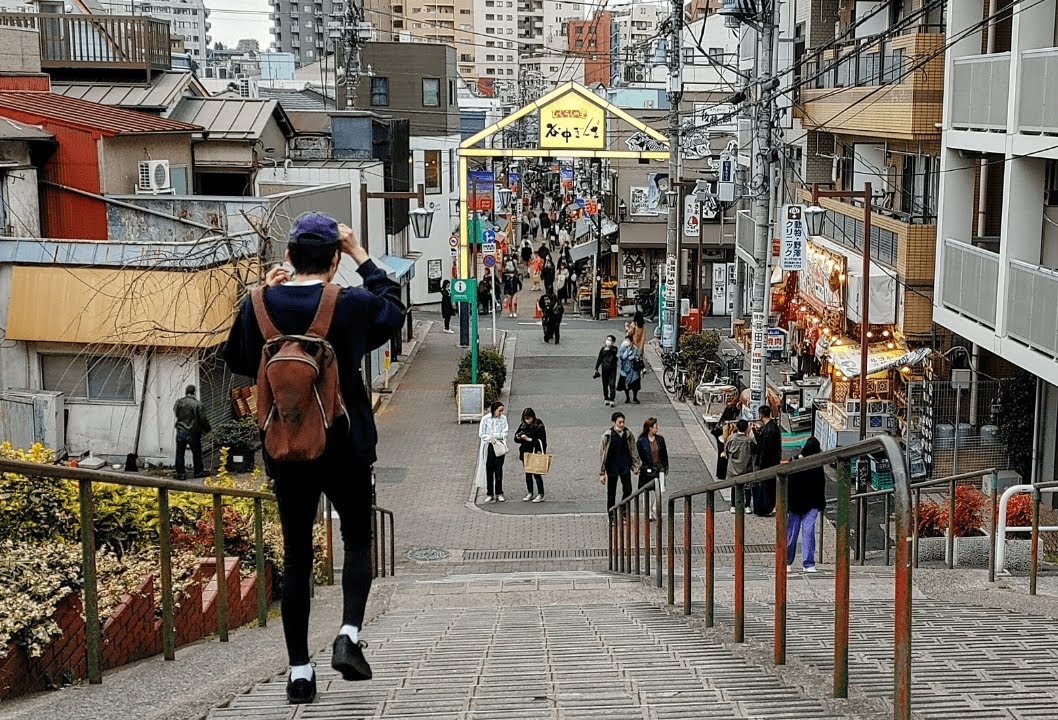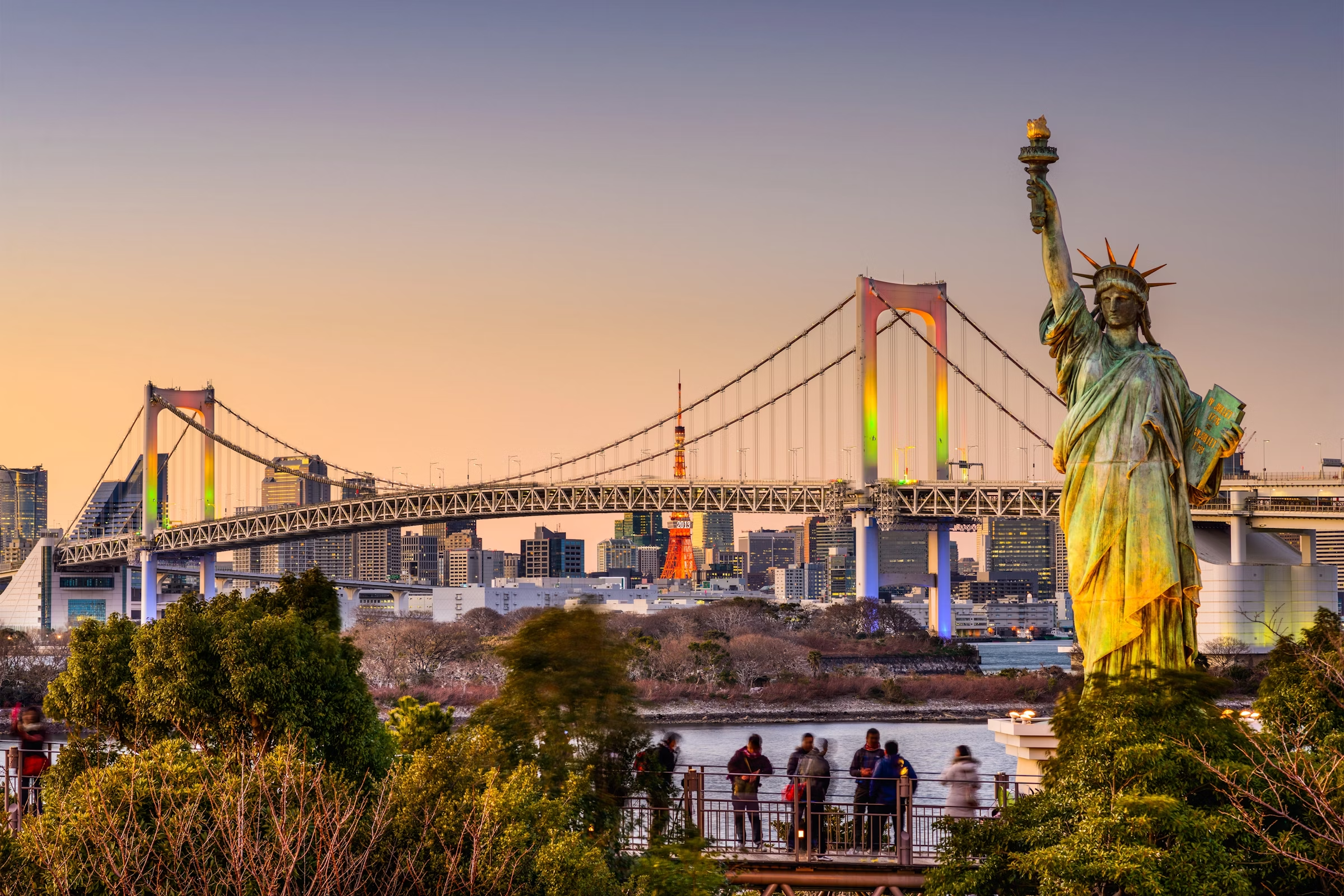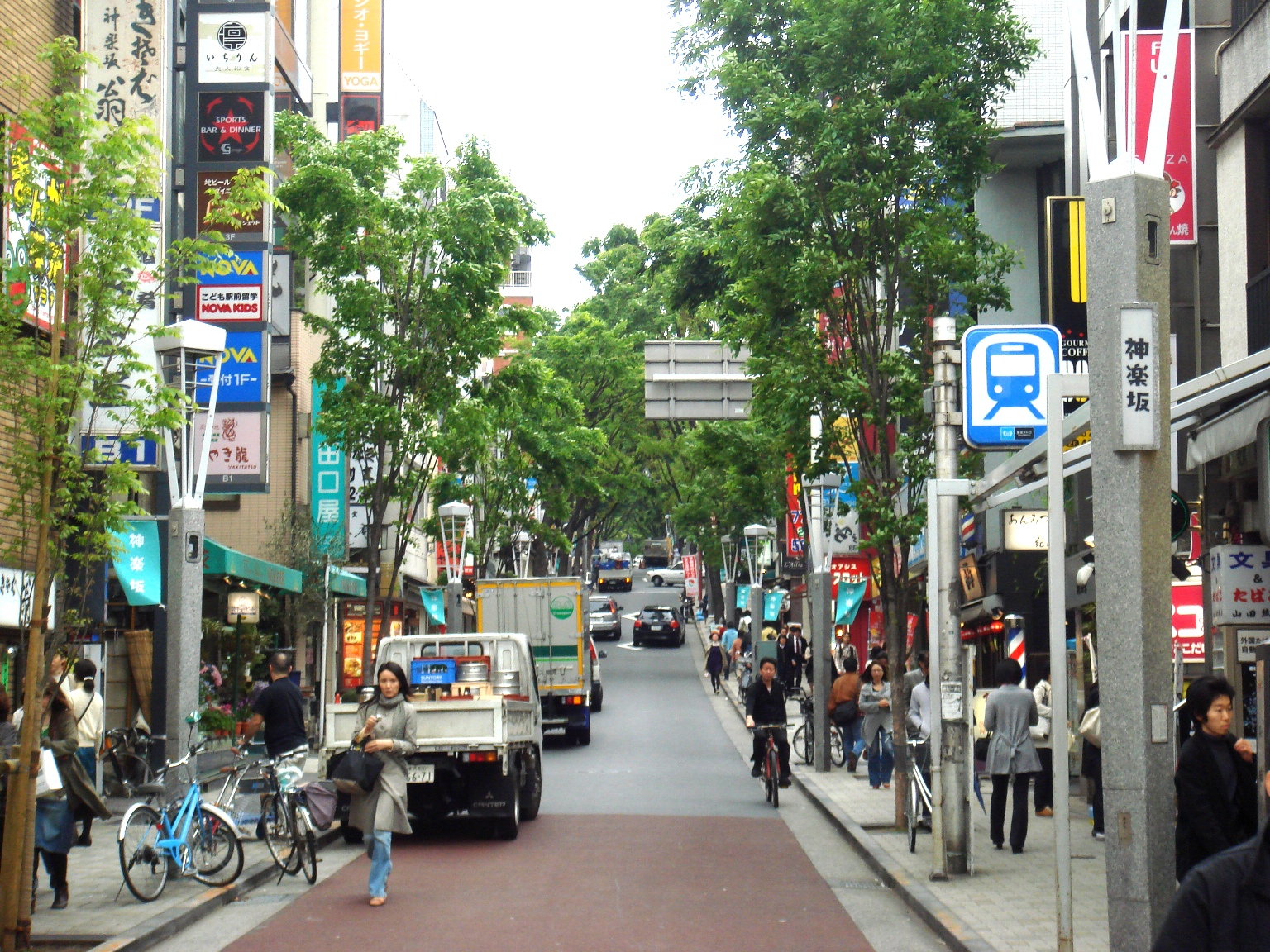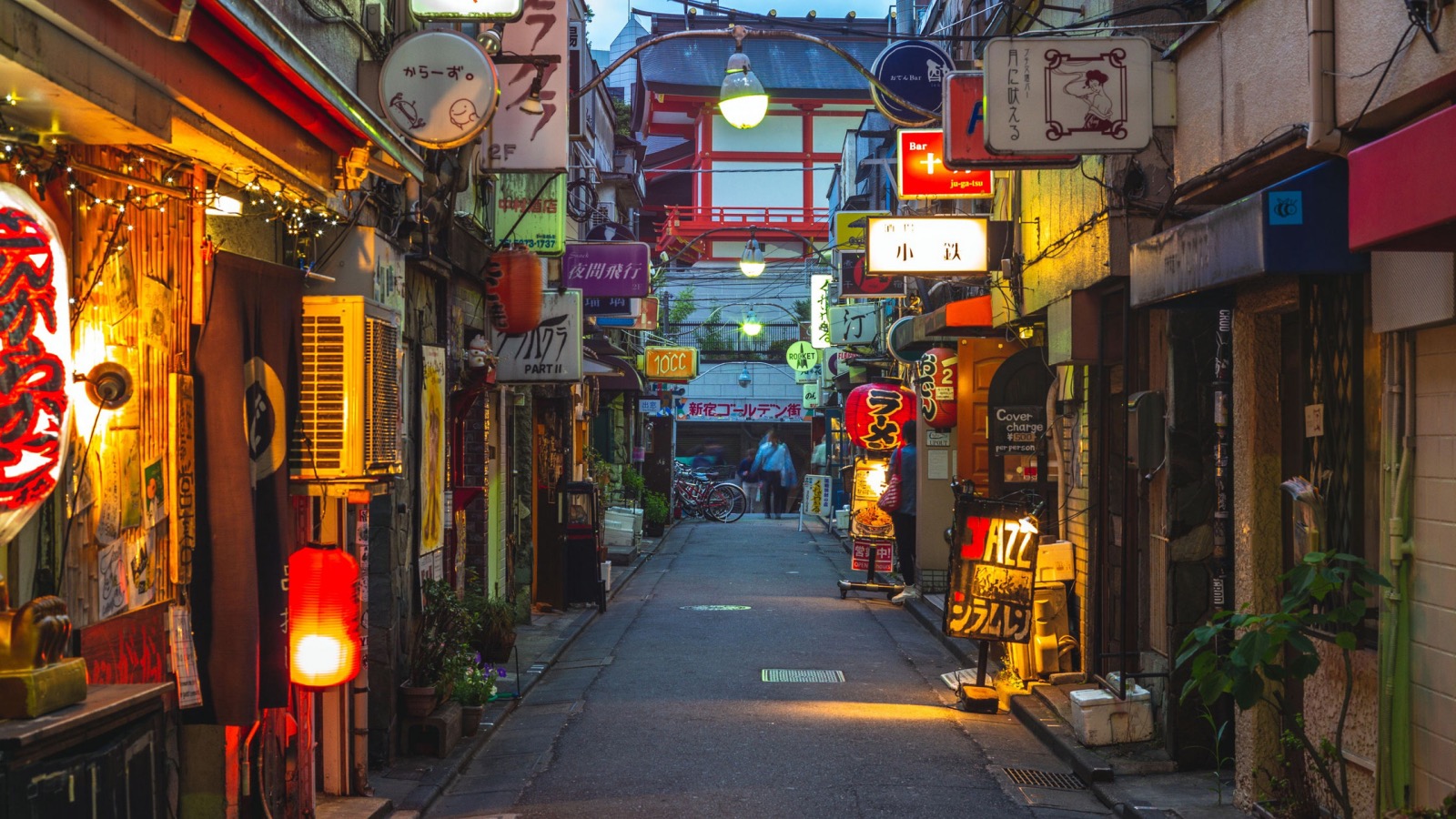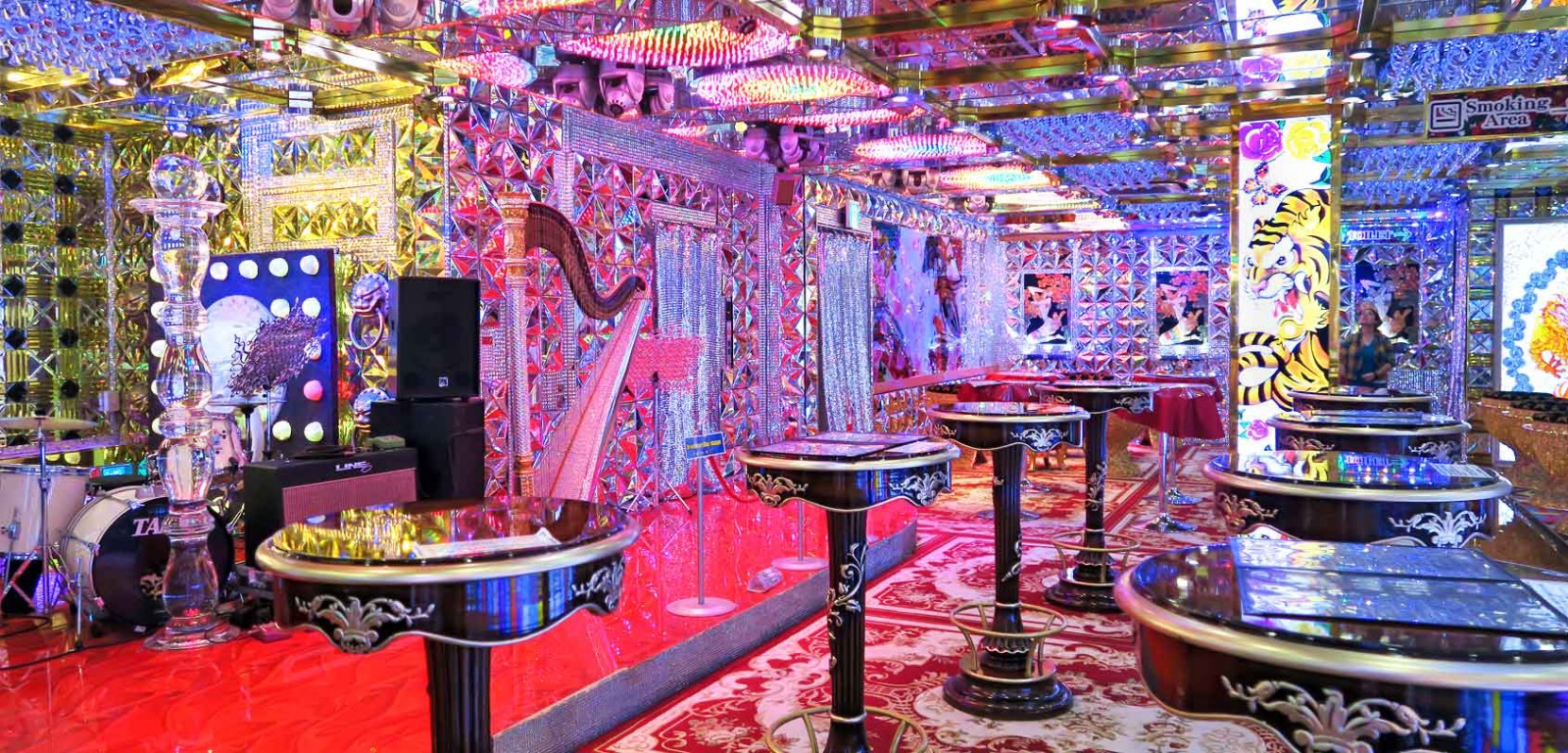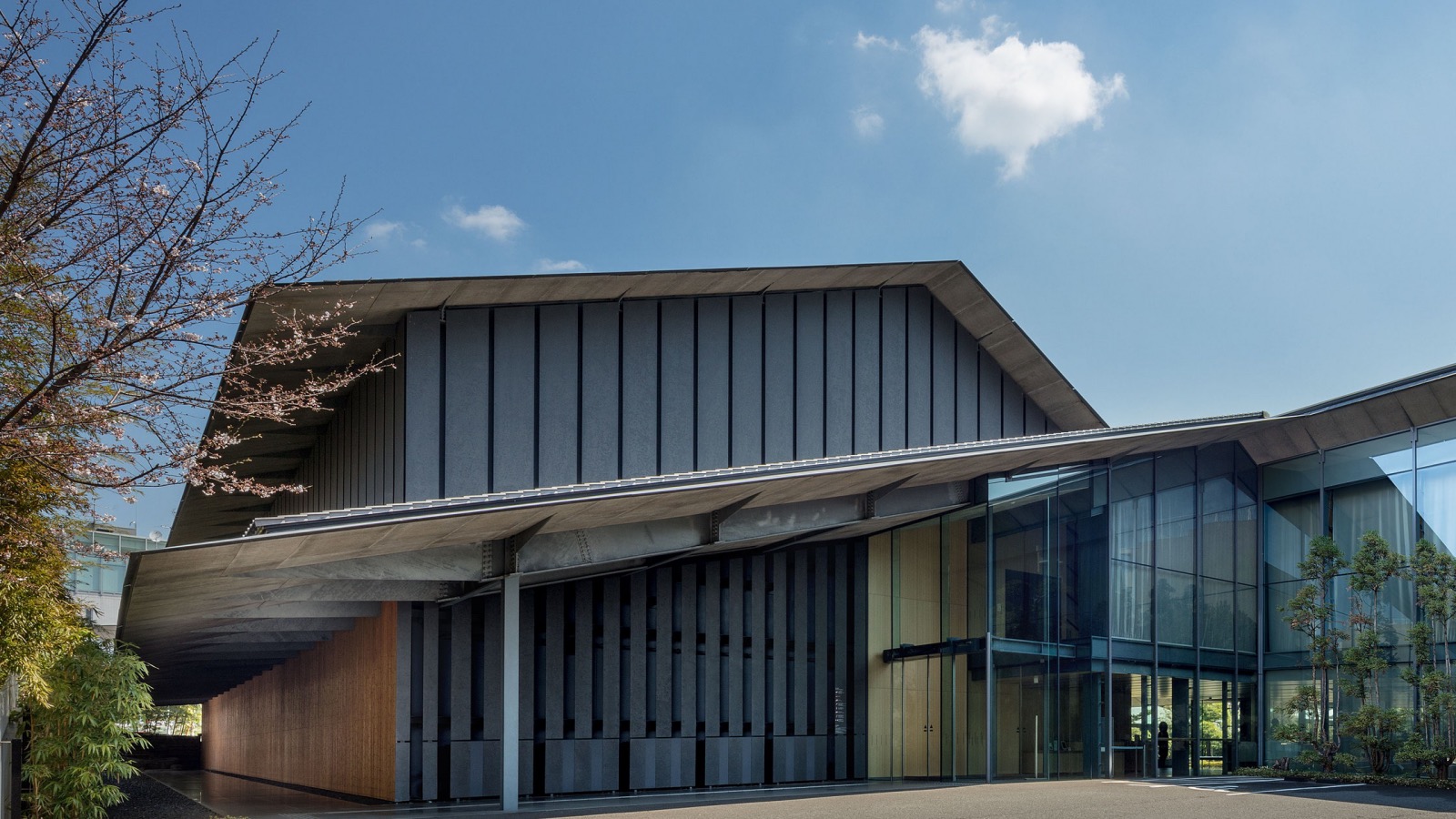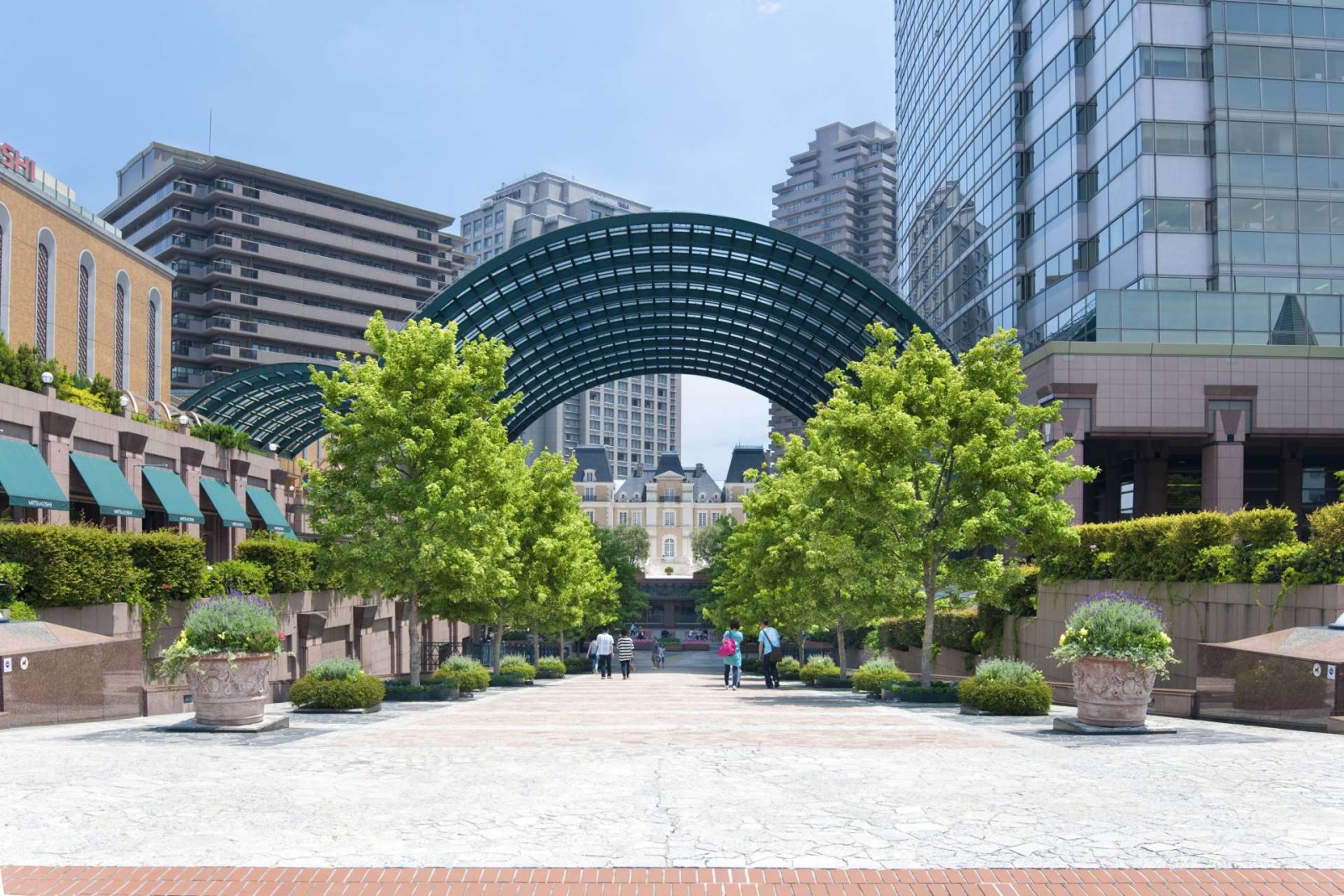
Cultural Insights
Cultural Insights:
Visitors to Tokyo will immerse themselves in a fascinating blend of traditional Japanese customs and modern urban lifestyle. It is important to be mindful of certain cultural norms and etiquette to respect the locals and make the most of your trip.
- Etiquette: Bowing is a common form of greeting in Japan, with the depth of the bow reflecting the level of respect. Removing your shoes before entering someone's home or certain traditional establishments like ryokans and some restaurants is also essential.
- Language: While many signs in tourist areas are in English, learning a few basic Japanese phrases such as "hello" (konnichiwa) and "thank you" (arigato) can go a long way in showing politeness and cultural appreciation.
- Gift Giving: Exchanging gifts is common in Japan as a gesture of gratitude and respect. When presenting a gift, offering it with both hands and showing humility when receiving gifts is polite.
- Festivals and Events: Tokyo boasts a vibrant calendar of festivals and events annually. Visitors might want to experience the cherry blossom season in spring (Hanami), the traditional Obon festival in summer, or the captivating fireworks displays during summer festivals.
- Traditional Arts: Embrace the rich cultural heritage of Japan by witnessing traditional arts such as tea ceremony, ikebana (flower arranging), and kabuki theater. These activities offer a window into the country's refined aesthetics and values.
- Cuisine: Food plays a significant role in Japanese culture, and exploring local dishes like sushi, ramen, and tempura is a must. Remember to slurp noodles and avoid sticking chopsticks upright in rice, as these actions have cultural connotations.
By being mindful of cultural customs and traditions, travelers can better appreciate Tokyo's heritage and create meaningful connections with the local community.
 How to get to Tokyo
How to get to Tokyo
Air: Tokyo is served by two major airports: Narita International Airport (NRT) and Haneda Airport (HND). Most international flights land at Narita, about 60 kilometers east of central Tokyo. You can take the Narita Express train, limousine bus, or taxi from Narita to the city center. Haneda Airport is closer to the city, making it a convenient choice for domestic flights and some international flights.
Rail: Tokyo has an extensive and efficient railway network, including the famous Shinkansen (bullet train). The Shinkansen can take you to Tokyo from other major cities like Osaka, Kyoto, and Hiroshima. The city's subway system is user-friendly and covers the entire metropolitan area.
Road: If you prefer to travel by road, you can take a highway bus to Tokyo from other cities within Japan. The bus network is reliable and comfortable, offering a more budget-friendly option than trains and flights.
 How to get around Tokyo
How to get around Tokyo
Public Transport: Navigating Tokyo's public transportation system with prepaid IC cards like Suica and Pasmo is relatively easy. These cards can be used on trains, subways, and buses, providing a seamless way to travel around the city. You can also opt for single tickets, but the IC cards offer more convenience and cost savings.
Car Rentals: While driving in Tokyo is possible, it's generally not recommended due to heavy traffic, complex road signs, and expensive parking fees. However, renting a car can be a good option if you plan to explore rural areas outside the city. Just make sure to have an international driving permit if you're from a country that requires one.
Walking: Tokyo is a pedestrian-friendly city with well-maintained sidewalks and pedestrian crossings. Many attractions are within walking distance of each other, making it a great way to explore the neighborhoods and soak in the atmosphere. Be mindful of local customs and traffic rules while walking around the city.
 What to see in Tokyo
What to see in Tokyo
 Hidden Gems in Tokyo
Hidden Gems in Tokyo
 Most Instagram-able places in Tokyo
Most Instagram-able places in Tokyo
What to do in Tokyo
Regarding activities and experiences, Tokyo offers diverse options to suit every traveler's interests. Whether you're looking for adventure sports, cultural events, festivals, guided tours, shopping districts, or nightlife options, this vibrant city has something for everyone. Here are some suggestions to make the most of your time in Tokyo:
- Sumo Wrestling: Experience the thrill of Japan's ancient sport by watching a sumo wrestling match at Ryogoku Kokugikan, the national sumo stadium in Tokyo.
- Shibuya Crossing: Visit the famous intersection in Shibuya, known as the busiest pedestrian crossing in the world, and witness the organized chaos of thousands of people crossing at once.
- Tsukiji Fish Market: Wake up early to explore the world's largest wholesale fish and seafood market, where you can sample fresh sushi and witness the bustling market atmosphere.
- Asakusa Senso-ji Temple: Visit this ancient Buddhist temple, dating back to the 7th century, to immerse yourself in Tokyo's rich cultural heritage.
- Harajuku District: Discover the latest trends in Japanese street fashion by strolling through the shops and boutiques in Harajuku, known for its unique and colorful style.
- Guided City Tour: Join a guided tour of Tokyo to get a local perspective on the city's history, culture, and hidden gems, allowing you to explore with ease and insight.
- Robot Restaurant: Experience the futuristic and quirky side of Tokyo by watching a show featuring larger-than-life robots, neon lights, and music at the Robot Restaurant.
- Ginza Shopping: Indulge in a shopping spree at Ginza, Tokyo's upscale shopping district known for luxury boutiques, department stores, and trendy cafes.
- Golden Gai Nightlife: Explore the narrow alleys of Golden Gai in Shinjuku, where you can find cozy bars, izakayas, and nightlife spots to enjoy a night out in Tokyo.
- Odaiba Entertainment: Visit the futuristic island of Odaiba, home to entertainment complexes, shopping malls, theme parks, and stunning views of Tokyo Bay.
What to eat in Tokyo
Regarding culinary delights, Tokyo is a food lover's paradise. From humble street stalls to Michelin-starred restaurants, the city offers diverse dining options that will tantalize your taste buds.
Local Dishes:
- Sushi: A visit to Tokyo would not be complete without trying authentic sushi. Head to one of the many sushi bars in the Tsukiji Fish Market for the freshest and most delicious sushi experience.
- Ramen: Slurp through a steaming bowl of ramen at a local ramen joint. Each shop has unique broth and noodle combinations, so be sure to try a few to find your favorite.
- Tempura: This classic Japanese dish consists of lightly battered and fried seafood and vegetables. Enjoy crispy tempura at a cozy restaurant in the historic Asakusa district.
- Tonkatsu: A fried pork cutlet topped with shredded cabbage and tangy tonkatsu sauce, tonkatsu is a hearty and satisfying meal available at specialty tonkatsu restaurants all over the city.
Beverages:
- Matcha: Indulge in traditional Japanese green tea at a local tea house. Matcha is not only delicious but also has various health benefits.
- Sake: Tokyo is home to many sake breweries, where you can sample a wide variety of this rice wine. Visit a sake bar in the trendy Shibuya or Shinjuku neighborhoods to experience the rich flavors of sake.
- Yuzu Shu: This citrus-infused sake is a refreshing and unique drink perfect for sipping on a warm summer day. Look out for Yuzu Shu at izakayas or sake bars around Tokyo.
Whether you indulge in a lavish kaiseki meal at a high-end restaurant or grab a quick bite from a street vendor, Tokyo's culinary scene is a feast for the senses that should not be missed.
Where to stay in Tokyo
Budget-Friendly Accommodation:
- Hostels: Tokyo has a plethora of hostels that offer affordable prices and a chance to socialize with other travelers. Consider staying in popular areas like Asakusa or Shibuya for easy access to public transportation and attractions.
- Capsule Hotels: For a unique experience, try staying in a capsule hotel where you can have a comfortable stay at a budget-friendly price. These hotels are perfect for solo travelers looking for a convenient resting place.
- Airbnb: Another budget-friendly option is to look for accommodation on Airbnb, where you can find affordable rooms or apartments in different neighborhoods across Tokyo.
Mid-Range Accommodation:
- Business Hotels: Tokyo is dotted with business hotels that offer comfortable rooms and convenient locations for exploring the city. Areas like Shinjuku and Ginza have plenty of mid-range hotel options.
- Traditional Ryokans: Experience Japanese hospitality by staying in a traditional Ryokan. While slightly more expensive than regular hotels, ryokans offer a unique cultural experience with tatami rooms and futon beds.
Luxury Accommodation:
- Luxury Hotels: Indulge in luxury by staying at 5-star hotels in upscale areas like Roppongi or Marunouchi. Enjoy top-notch amenities, impeccable service, and stunning city skyline views.
- Boutique Hotels: For a chic and stylish stay, consider booking a room at a boutique hotel in a trendy neighborhood such as Daikanyama or Aoyama. These hotels offer a blend of luxury and unique design.
When choosing where to stay in Tokyo, consider factors such as proximity to public transportation, safety of the neighborhood, and convenience to major attractions. Whether you opt for budget-friendly hostels, mid-range business hotels, or luxury accommodations, Tokyo offers many options to suit every traveler's needs and preferences.
 First Time Travelers
First Time Travelers
Visiting Tokyo for the first time can be an exhilarating experience. As a vibrant blend of tradition and modernity, this bustling metropolis offers many activities and sights to explore. To make the most of your trip, here is a beginner's guide to Tokyo:
Must-Do Activities:
- Visit the iconic Senso-ji Temple in Asakusa, one of Tokyo's oldest and most significant Buddhist temples.
- Explore the trendy neighborhood of Harajuku, known for its unique street fashion, quirky shops, and vibrant atmosphere.
- Indulge in authentic Japanese cuisine at the Tsukiji Fish Market, where you can savor fresh sushi and seafood dishes.
- Experience the electric atmosphere of Shibuya Crossing, one of the busiest pedestrian crossings in the world.
- Take a serene stroll through the beautiful gardens of the Imperial Palace and learn about Japan's imperial history.
Practical Tips:
- Language Barriers: While English signage is prevalent in tourist areas, learning a few basic Japanese phrases or carrying a translation app is helpful for communicating with locals.
- Cultural Differences: Respect local customs, such as bowing when greeting others and removing your shoes before entering traditional establishments.
- Transportation: To navigate the city easily, use Tokyo's efficient subway system. Consider purchasing a Suica or Pasmo card for seamless travel.
- Accommodations: For convenient access to major attractions, choose a hotel or ryokan in a central location like Shinjuku or Ginza.
- Currency: Bring cash, as many smaller establishments may not accept credit cards. ATMs are widely available in convenience stores and train stations.
 For Return Travelers
For Return Travelers
Off the Beaten Path in Tokyo:
While Tokyo is a vibrant metropolis with plenty of well-known attractions, hidden gems, and lesser-known spots are worth exploring for those who want to delve deeper into the city's culture and history. Here are some unique experiences to consider:
- Yanesen District: Escape the hustle and bustle of the city and wander through the peaceful streets of Yanesen. This area is a trio of districts—Yanaka, Nezu, and Sendagi—that have retained a more traditional feel than the rest of Tokyo. Stroll along the narrow lanes lined with wooden houses, visit cozy cafes, and explore local temples and shrines.
- Kagurazaka: Known as Tokyo's "Little Kyoto," Kagurazaka is a charming neighborhood filled with narrow alleyways, traditional ryotei restaurants, and quaint shops. Indulge in delicious French-Japanese fusion cuisine, admire the beautiful cobblestone streets, and catch a traditional kabuki performance at the local theater.
- Ghibli Museum: Anime fans and art enthusiasts shouldn't miss the Ghibli Museum, which is dedicated to the works of Studio Ghibli's renowned animators. Explore imaginative exhibits, watch exclusive short films, and immerse yourself in the magical world of Hayao Miyazaki and Isao Takahata.
- Omoide Yokocho: Step back in time at Omoide Yokocho, also known as Memory Lane or Piss Alley. This narrow alley has tiny eateries serving delicious yakitori (grilled skewers) and izakaya (Japanese pubs) dishes. Experience the nostalgic atmosphere of post-war Tokyo while savoring tasty street food.
Consider participating in a traditional tea ceremony, joining a taiko drumming workshop, or taking a calligraphy class for a more profound cultural immersion. You can also opt for a homestay experience with a local family to gain insight into everyday life in Tokyo.
When it comes to day trips, consider exploring the historic town of Kamakura, known for its giant Buddha statue and serene temples, or visiting Hakone's onsen (hot springs) town for a relaxing escape from the city. These destinations offer a different perspective on Japan's rich cultural heritage outside of Tokyo's urban sprawl.
 Tokyo travel information
Tokyo travel information
City Map
Weather
-
January
Min
2°C (36°F) Max
10°C (50°F) Precipitation
5 days -
February
Min
2°C (36°F) Max
10°C (50°F) Precipitation
7 days -
March
Min
4°C (39°F) Max
13°C (55°F) Precipitation
8 days -
April
Min
9°C (48°F) Max
19°C (66°F) Precipitation
9 days -
May
Min
14°C (57°F) Max
24°C (75°F) Precipitation
9 days -
June
Min
18°C (64°F) Max
26°C (79°F) Precipitation
12 days -
July
Min
23°C (73°F) Max
31°C (88°F) Precipitation
15 days -
August
Min
24°C (75°F) Max
32°C (90°F) Precipitation
12 days -
September
Min
20°C (68°F) Max
27°C (81°F) Precipitation
11 days -
October
Min
14°C (57°F) Max
22°C (72°F) Precipitation
7 days -
November
Min
9°C (48°F) Max
16°C (61°F) Precipitation
5 days -
December
Min
4°C (39°F) Max
11°C (52°F) Precipitation
4 days
 AIdventuro's pocket guide for Tokyo
AIdventuro's pocket guide for Tokyo
1. Senso-ji Temple: Visit Tokyo's oldest and most famous temple located in Asakusa.
2. Shibuya Crossing: Experience the iconic scramble crossing in the vibrant Shibuya district.
3. Meiji Shrine: Explore this peaceful Shinto shrine nestled in the heart of Yoyogi Park.
When visiting shrines or temples, remember to bow slightly before entering as a sign of respect. It's also customary to cleanse your hands and mouth at the purification fountain before offering prayers.
Japanese etiquette emphasizes the importance of taking off your shoes before entering someone's home or certain traditional establishments.
1. Sushi: Indulge in fresh and delicious sushi at Tsukiji Fish Market or one of Tokyo's many renowned sushi restaurants.
2. Ramen: Slurp your way through authentic bowls of ramen at local eateries like Ichiran or Afuri.
3. Tempura: Try crispy and light tempura dishes at specialized restaurants such as Tsunahachi.
Tokyo is generally a safe city, but it's always advisable to remain vigilant, especially in crowded areas. Keep your belongings secure and be cautious of pickpockets, particularly in busy tourist spots.
Japan has a low crime rate, making it a great destination for solo travelers and families alike.
For 3 days: Budget travelers can expect to spend around $300-$500 on accommodation, meals, and transportation.
For 5 days: A mid-range budget of $600-$1000 should cover your expenses, including dining at some local restaurants and exploring various attractions.
The most popular thing to do in Tokyo is to experience the futuristic technology and vibrant pop culture by visiting Akihabara, also known as the Electric Town. Explore themed cafes, anime shops, and gaming centers in this tech hub of the city.

